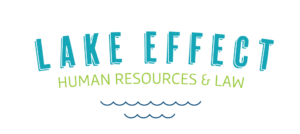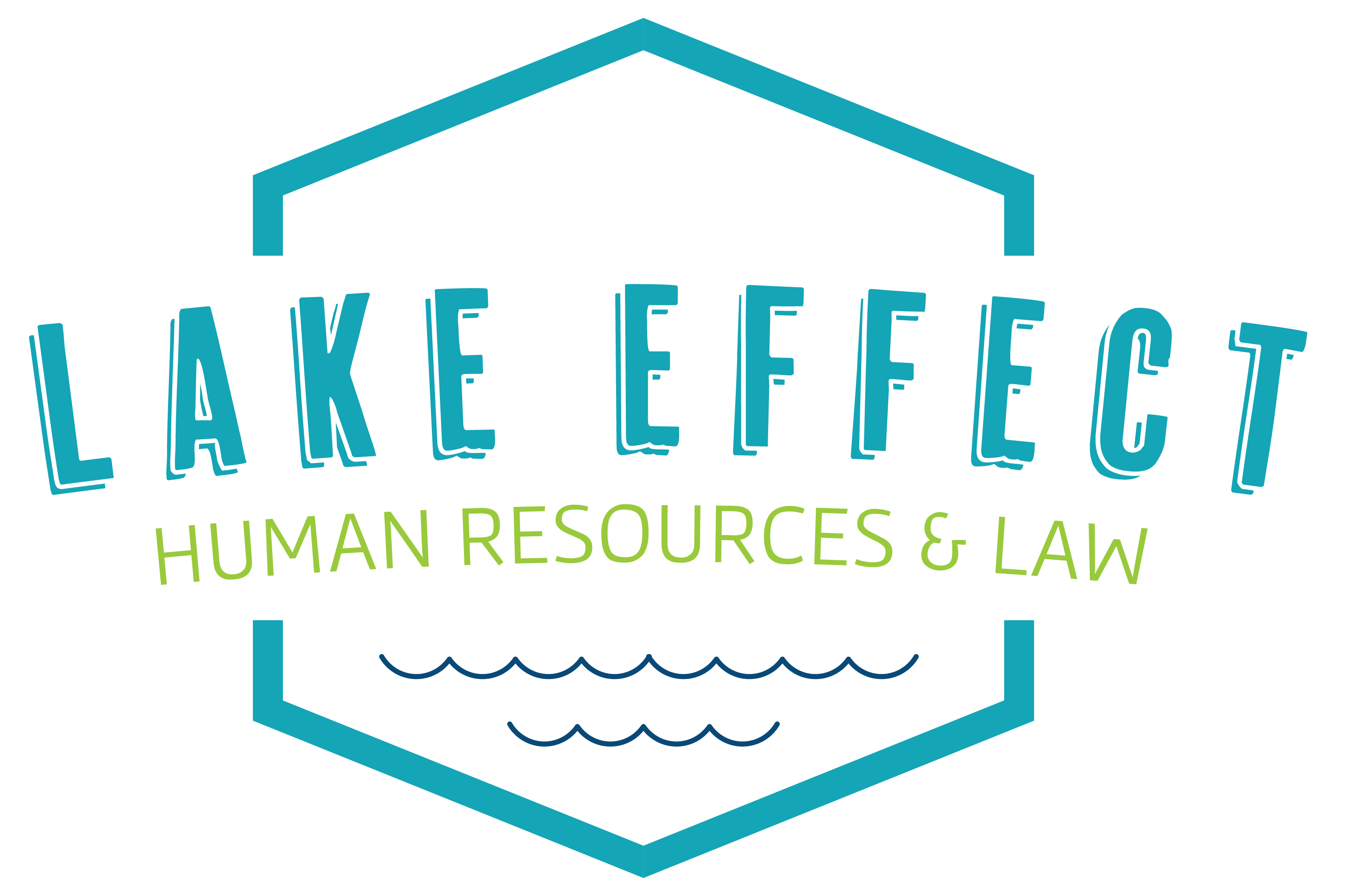The United States Supreme Court has ruled that federal law prohibits employers from firing an individual merely for being gay or transgender. Bostock v. Clayton County, Georgia, 590 U.S. ___ (2020).
Under Title VII of the Civil Rights Act, employers may not discriminate against any individual because of race, religion, national origin, or sex. The question before the Supreme Court was whether firing an employee because of their homosexuality or transgender status falls within the scope of discrimination because of sex. Writing for the majority, Supreme Court Justice Gorsuch said the answer was clear. “An individual’s homosexuality or transgender status is not relevant to employment decisions. That’s because it is impossible to discriminate against a person for being homosexual or transgender without discriminating against that individual based on sex.”
The Bostock decision provides clarity to employers. Federal courts had previously reached conflicting decisions about the application of the Civil Rights Act to employment discrimination based on an employee’s sexuality or gender identity. State and local laws also vary across the country. The Wisconsin Fair Employment Act considers discrimination based on sexual orientation to be a form of sexual discrimination, but it does not prohibit discrimination based on gender identity. However, the Madison Equal Opportunities Ordinance expressly prohibits discrimination on the basis of sexual orientation and gender identity. This Supreme Court decision makes it clear that discrimination or harassment based on sexuality or gender identity is prohibited under federal law.
The Lake Effect team will continue to monitor important legal updates . Please contact us if you have questions related to workplace discrimination or need assistance with professional development or respectful workplace training.




